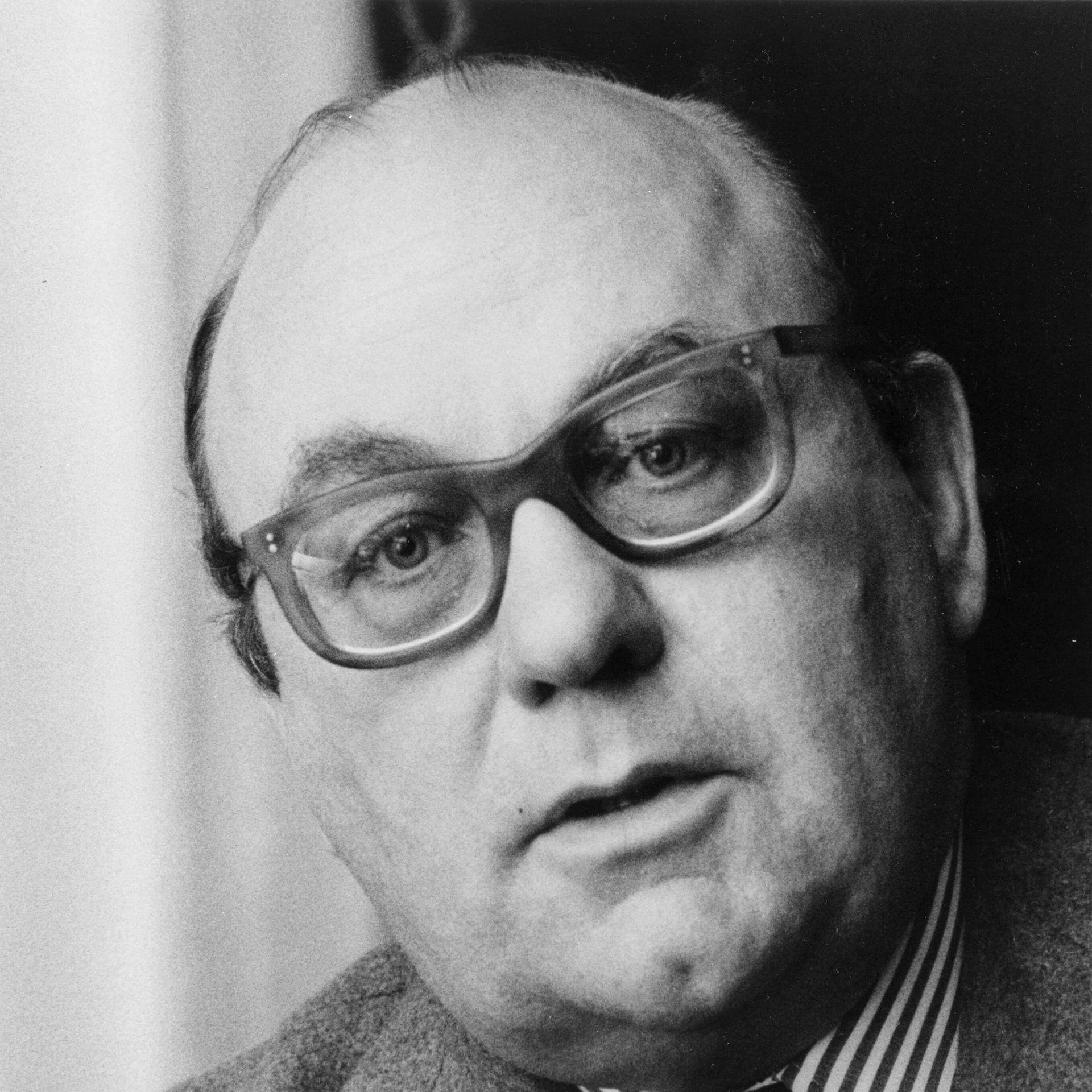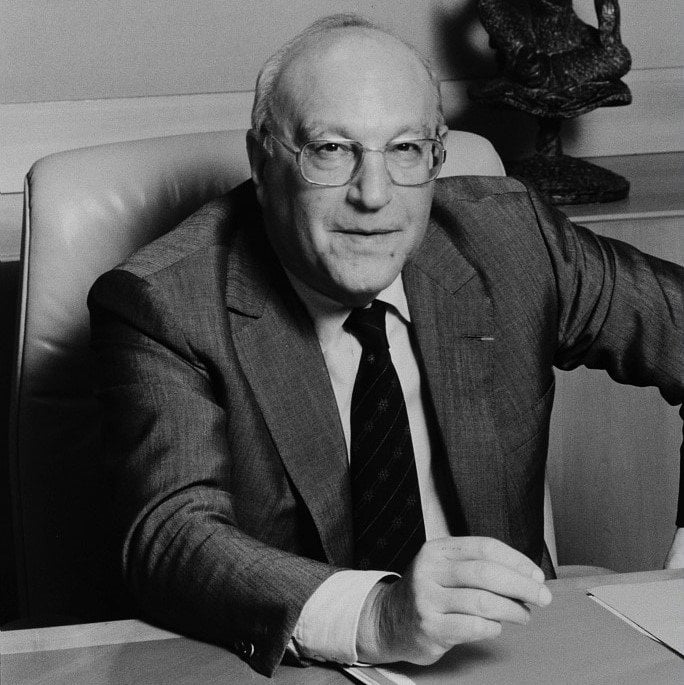Our History
The adventure of Beauty
1909-1956
The first steps, building a brand

The L’Oréal story begins in 1909, when Eugène Schueller, a chemist with a vision, founded the Société Française des Teintures Inoffensives pour Cheveux. He formulated hair dyes that gave Parisian women the warm, golden tones that were so in vogue at the time and were also kinder and gentler to skin and hair. That first dye was called ‘L'Auréale’, influenced by the on-trend Auréole hairstyle.
If the name seems familiar, it’s no surprise – this was the inspiration for what was to become one of the world’s leading beauty brands: L’Oréal. Eugène Schueller demonstrated that science lay at the heart of beauty and built a brand based on research and innovation. In 1934, Schueller launched the first soap-free shampoo. In 1935, Ambre Solaire was created, leading the way in sun protection oils and proving that Schueller was, once again, ahead of his time. 1939, the company became L'Oréal and moved to 14 Rue Royale in Paris.
1957-1983
Seizing the moment

© DR / L'Oréal Heritage
The following 25 years saw L'Oréal become one of the biggest names in beauty. The company was propelled forward by the keen business acumen of chairman François Dalle, who focused on commitment to research and innovation as well as listening to what customers wanted from a beauty brand. In 1963, L’Oréal went public and grew spectacularly, thanks to strategic acquisitions of brands like Mixa, Lancôme, Biotherm and Laboratoires Garnier. All of these tried and trusted names added provenance to the L'Oréal brand, guaranteed customer trust, and broke into new markets.
Dalle had a driving principle – “Seize the Moment”. This bold and vibrant approach triggered a raft of new emblematic brands created under the L’Oréal group, including the Kérastase hair care range, Ô by Lancôme, and the ever-popular Anaïs Anaïs perfume by Cacharel. Other ground-breaking brands followed, including Elsève beauty care shampoos, Garnier's Ultra Doux range (based on natural plant ingredients), and Plénitude Revitalift, the facial care range.
1984-1987
Beauty, a scientific adventure
The “Science of Beauty” approach that turned L’Oréal from a hair dye company into an international brand continued through the 1980s, led by CEO Charles Zviak. Zviak understood that scientific research not only created winning products but also reassured the buying public that L’Oréal was a brand to be trusted.
This was a period of significant expansion, based in particular on massive investment in research.
In 1984, L’Oréal acquired the licence for the American perfume Ralph Lauren. The male grooming marketplace was rapidly expanding, so L'Oréal also launched two ranges of skincare products for men under the Biotherm brand in 1985 and for Vichy a year later.

1988-2005
Becoming number one in the beauty industry
Under Lindsey Owen-Jones's presidency, L’Oréal became the world leader in cosmetics. Further strategic acquisitions extended its portfolio to include Helena Rubinstein, the licence for Giorgio Armani perfumes, La Roche-Posay, Maybelline, Kiehl's, and SkinCeuticals.
At the same time, L'Oréal made a bold move that led the way for a more ethical approach to the beauty industry. It signed its first ethics and diversity charter, calling for the end of animal testing for finished products. Part of this drive towards greater inclusiveness was the launch of the international program "L'Oréal-UNESCO: For Women in Science."
2006-2021
Beauty for all

With a unique portfolio of international brands, L’Oréal continued its development with a central message of diversity and inclusion. Performance was no longer measured solely by its economic dimension but also by a positive impact on society and the environment.
In 2010, the Solidarity Sourcing program was launched to create jobs for economically vulnerable groups in France and in the countries where L’Oréal operates.
In 2020, L'Oréal for the Future was born, an ambitious social and environmental solidarity project with a series of commitments up to 2030.
2021- to date
Creating Beauty that moves the world forward

In 2022, La Roche-Posay reopened its historic spa centre in France, providing dermatological treatments for patients. La Roche-Posay’s new identity embraced the concept of wellness and mindful treatment combined with cutting-edge science and technology.
In 2023, L’Oréal acquired the Aesop brand. In the same year, at L'Oréal's historic headquarters, it inaugurated Le Visionnaire - Espace François Dalle, a 4,000m² space dedicated to research into the future of beauty.
2023 also saw a brand new collection of skincare and make-up products created in collaboration with the Louvre Museum and Lancôme. The L'Oréal Climate Emergency Fund was also launched in 2023 to help vulnerable communities develop greater resilience to climate change-related disasters.
2024 marked further advances for L’Oréal, including acquiring the Miu Miu brand and Nicolas Hieronimus's introduction to the CES conference in Las Vegas - the first time a beauty company was chosen to open this prestigious event.
As the legacy continues, L’Oréal’s ambition is to invent the beauty of the future through research and innovation. Beauty tech, green science, biotech and artificial intelligence are all ways of broadening the scope of what is possible, putting science to work for people.